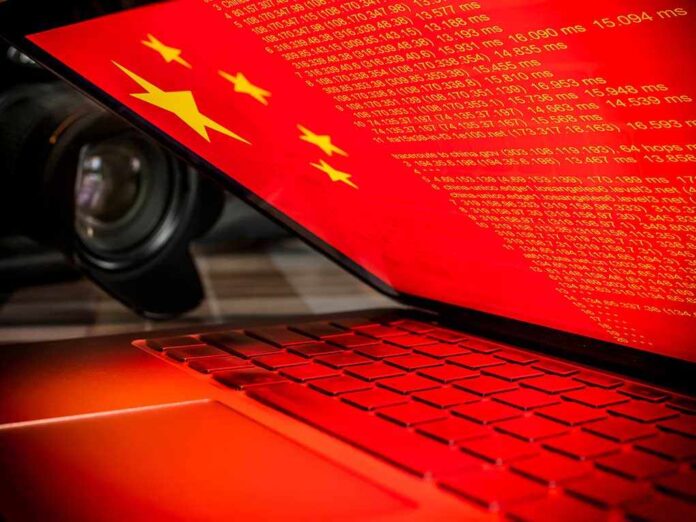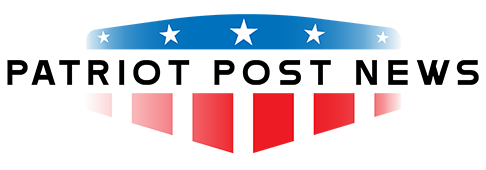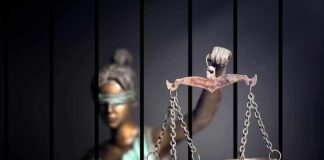
Trump administration cracks down on Chinese nationals with Communist Party ties studying in sensitive fields, revoking visas as part of a sweeping national security strategy to combat espionage.
Key Takeaways
- Secretary of State Marco Rubio announced plans to “aggressively revoke” visas for Chinese students with ties to the Chinese Communist Party or studying in critical STEM fields
- Approximately 275,000 Chinese students are currently in the U.S., with over 110,000 studying in fields like mathematics, engineering, science, and technology
- Critics argue the policy could harm U.S. universities financially and lead to racial profiling, while supporters see it as necessary to combat intellectual property theft
- Chinese nationals are legally obligated under CCP law to assist in state intelligence operations when requested
- The Trump administration is revising visa criteria for future applications from China and Hong Kong with increased scrutiny
Protecting American Innovation and National Security
The Trump administration has taken decisive action against what officials describe as systematic espionage by the Chinese government through academic channels. Secretary of State Marco Rubio announced that the United States will “aggressively revoke” visas for Chinese nationals studying in America who have ties to the Chinese Communist Party (CCP) or are enrolled in critical fields. This policy shift directly targets individuals in science, technology, engineering, and mathematics (STEM) programs, which have become central to concerns about technology transfer and intellectual property theft orchestrated by Beijing.
The crackdown comes in response to longstanding warnings from intelligence officials about China’s exploitation of American universities. With approximately 275,000 Chinese students currently in the U.S. – down from a peak of 370,000 in 2019 – the policy could affect tens of thousands of individuals. Over 110,000 Chinese nationals are studying in STEM-related disciplines, areas considered particularly vulnerable to technology transfer that could strengthen China’s military and economic capabilities at America’s expense.
🚨 𝗦𝘁𝗮𝘁𝗲 𝗗𝗲𝗽𝗮𝗿𝘁𝗺𝗲𝗻𝘁 𝗦𝗮𝘆𝘀 𝗜𝘁 𝗪𝗶𝗹𝗹 𝗘𝘅𝗽𝗮𝗻𝗱 𝗦𝗰𝗿𝘂𝘁𝗶𝗻𝘆 𝗼𝗳 𝗔𝗹𝗹 𝗖𝗵𝗶𝗻𝗲𝘀𝗲 𝗩𝗶𝘀𝗮 𝗛𝗼𝗹𝗱𝗲𝗿𝘀 𝗶𝗻 𝗨𝗦
The State Department has made several shifts to visa policies this week.
On May 27, the department confirmed Secretary of State… pic.twitter.com/pzdUTAaTz3
— The Epoch Times (@EpochTimes) May 30, 2025
China’s Systematic Espionage Campaign
Intelligence officials have been sounding the alarm about China’s espionage activities on American campuses for years. Former FBI Director Christopher Wray previously warned that China is “exploiting our open academic environment for research and development.” This concern has been amplified by China’s national intelligence law, which requires Chinese citizens to assist in state intelligence operations when requested – creating a situation where students and researchers could be legally compelled to spy for their government regardless of their personal inclinations.
“China continues to utilize ‘non-traditional’ collectors… who oftentimes become unwitting tools for the CCP and its intelligence apparatus,” said Bill Evanina, a former Counterintelligence Director.
Representative John Moolenaar has described the student visa program as a “Trojan horse” that Beijing uses to access sensitive technologies and research. The concern extends beyond just individual students to the systematic way China’s Ministry of State Security operates, targeting both Chinese citizens abroad and American institutions. Gordon Chang, a senior fellow at the Gatestone Institute, strongly supports the visa restrictions, characterizing them as a necessary setback for China’s intellectual property theft operations.
Harvard’s Challenge and Economic Implications
The visa crackdown has already created significant tension with elite American universities. Harvard University has filed a lawsuit against the Trump administration after having its student visa certification revoked. ICE Acting Director Todd Lyons cited Harvard’s foreign donations and collaborations with Chinese entities as justification, expressing “serious concerns” about the university’s practices and possible infiltration by CCP-linked individuals. The administration has emphasized that universities must be more vigilant about foreign influence in their research programs.
“This action is fully unjustified,” stated a Chinese Ministry of Foreign Affairs spokesperson, claiming the policy will damage America’s international reputation.
Critics of the policy point to potential economic consequences, noting that international students contributed $43.8 billion to the U.S. economy last year and supported nearly 400,000 jobs. Chinese students represent the second-largest foreign student group in the country, after Indians. However, supporters argue that the long-term economic and national security costs of continued technology theft far outweigh any short-term financial benefits to universities. The State Department, working with Homeland Security, is also developing revised visa criteria for future applications from both mainland China and Hong Kong.
Balancing Security and Academic Freedom
As the policy takes effect, questions remain about implementation. The criteria for determining students’ connections to the CCP are not entirely clear, especially since many Chinese citizens join the party for social and economic benefits rather than out of ideological commitment. Interestingly, many top CCP officials, including President Xi Jinping, have sent their own children to American universities, highlighting the complex relationship between China’s elite and Western education.
“We need to aggressively revoke these visas and make sure that we are not allowing the CCP to continue to use our open academic environment against us,” declared Secretary of State Marco Rubio, emphasizing the administration’s commitment to this security measure.
The Trump administration’s approach represents a significant shift in how America balances educational openness with national security concerns. While universities have traditionally championed academic freedom and international collaboration, growing evidence of systematic espionage has forced a reevaluation of these principles when they conflict with protecting American innovation and technology. For conservative Americans concerned about China’s growing influence and technological competition, these measures represent a necessary correction to policies that have allowed America’s strategic advantages to be compromised.

























